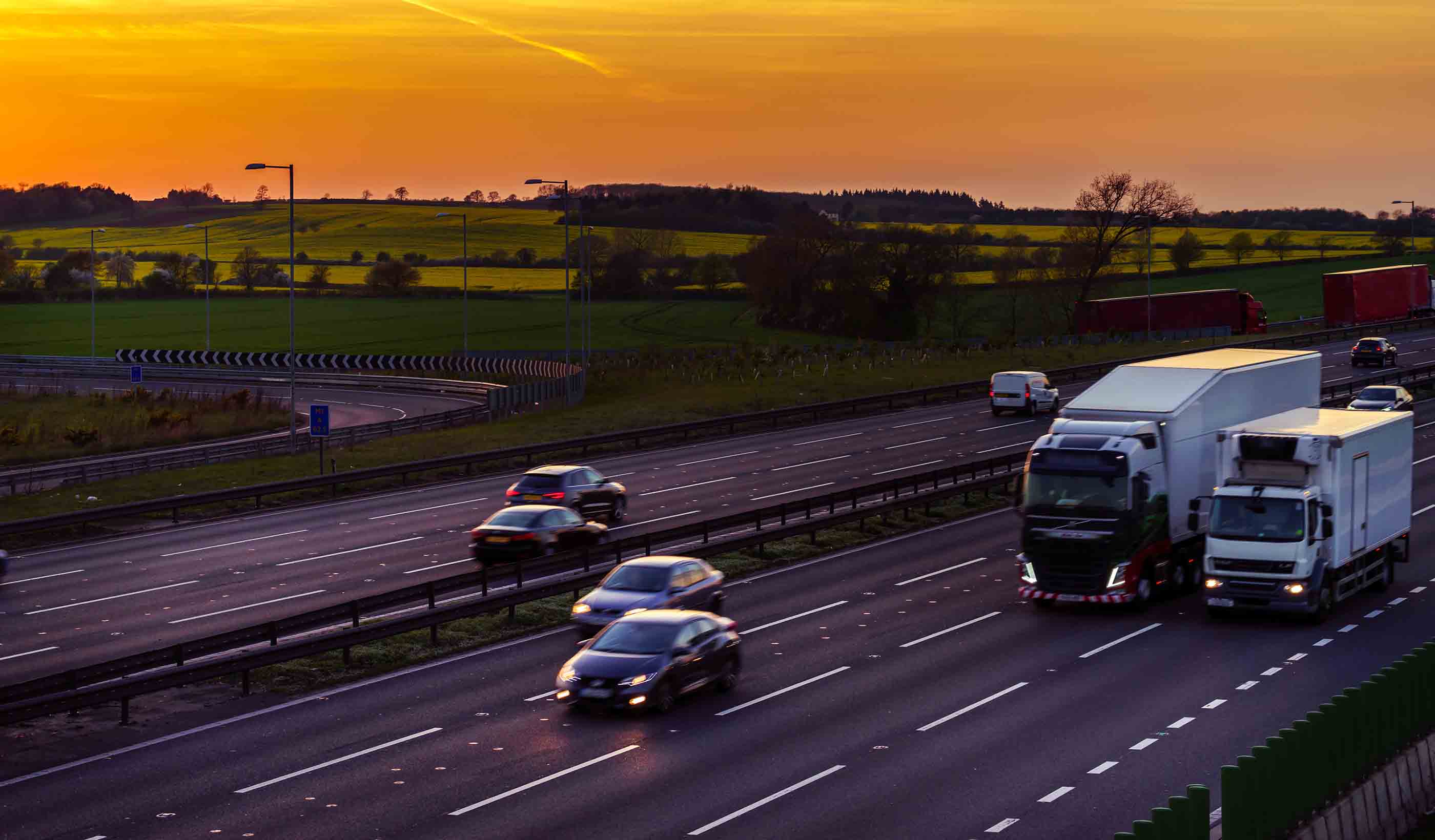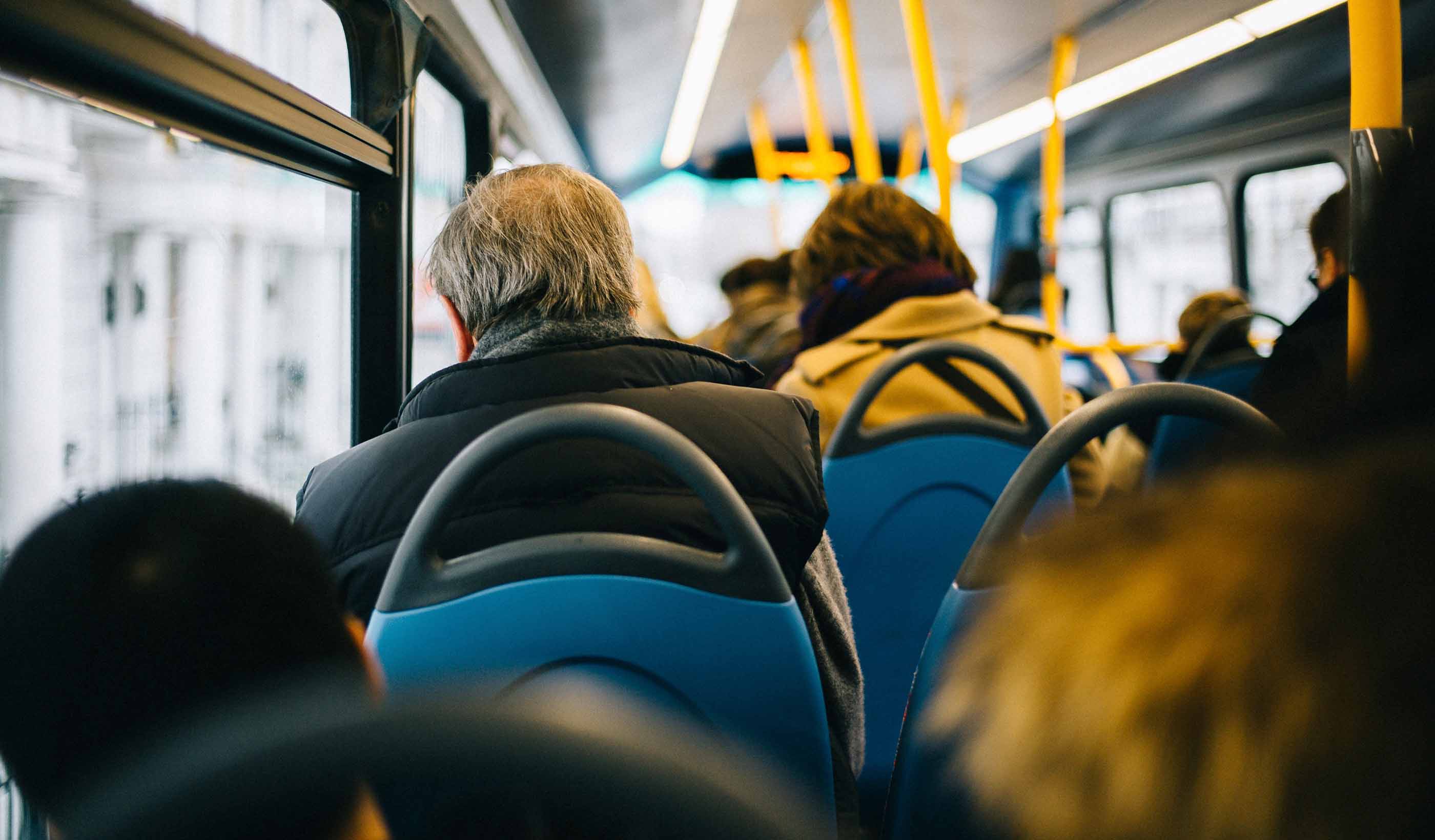The future is electric: supporting Blackpool’s new bus fleet
May 11, 2022
May 11, 2022
Blackpool will be introducing state-of-the-art electric buses to provide one of the cleanest, most modern bus networks in the UK
Around the country, we’re seeing regional towns building back, improving their centres and amenities, and transitioning to a greener, cleaner future. From clean air zones, to carbon neutral commitments, decarbonised energy grids, and more sustainable modes of transport, UK towns and cities are taking on the climate change challenge for the benefit of the communities they serve.
The benefits of good transport links are well known – they can stimulate development and economic activity, increase access to employment and education, improve health through more active lifestyles, and support wellbeing by reducing levels of isolation. However, given that the transport sector is one of the worst offenders when it comes to greenhouse gas (GHG) emissions, the challenge is to make sure that any new transport schemes are sensitive to the environment.
Blackpool will soon be home to a fleet of state-of-the-art electric buses, following a successful joint bid by Blackpool Council and Blackpool Transport Services (BTS) to the Department for Transport’s Zero Emission Bus Regional Area (ZEBRA) fund.
Over the next three years, plans are in place to introduce 115 new buses, providing one of the cleanest, most modern bus networks in the country. BTS’ Rigby Road depot is also set to be transformed to accommodate the vehicles.
Blackpool will receive £20m from the ZEBRA fund to support the scheme. The Prime Minister first announced in the fund in 2020, helping local transport authorities outside London to introduce zero-emission buses and the infrastructure needed to support them.
The successful bid for funding faced sharp competition. Blackpool was competing with city regions such as Manchester and Liverpool, amongst fifteen other local transport authorities that had all submitted an expression of interest and reached Stage Two of the 2021/22 funding round.

The transport sector is one of the worst offenders when it comes to greenhouse gas (GHG) emissions, the challenge is to make sure that any new transport schemes are sensitive to the environment.
Stantec is very proud to have supported Blackpool Council and BTS in this joint bid. Our role included helping to prepare the initial Expression of Interest, and then working closely with the client team to write the full business case, featuring detailed economic and financial appraisals of the proposals. We also provided technical advice on energy service requirements at the depot and prepared a market appraisal of potential energy suppliers. Over 10 months, our team worked with Council officers and BTS directors to develop the scheme and prepare the submissions to the Department for Transport.
The council and all of its arms-length companies are striving to hit net-zero carbon emissions by 2030. Buses in general play a key role in reducing congestion and providing affordable transport for all and will now contribute more than ever in our universal need to reduce carbon emissions and protect our planet for future generations.
Each new bus will feature a modern, customer-focused design and will be entirely tail-pipe emissions-free, helping to improve air quality across the Fylde Coast.
Good air quality is a key driver for transport regeneration in city and town centres, says Jane Cole, Managing Director at BTS. “The introduction of electric vehicles will contribute positively towards reducing air pollution. This funding is a key step in our strategy to make Blackpool a vibrant, digital-technology led town.”

Encouraging people to transition to sustainable travel is a major challenge. For convenient journeys, from point A to point B, we need to encourage the adoption of eco-friendly practices, and incentives for people to incorporate environmental considerations into their daily routines.
James Carney, Finance and Commercial Director at Blackpool Transport have praised Blackpool Council’s green ambitions. “Blackpool Council has shown its ambition for a clean public and modern transport system since 2016, when the first Euro VI, environmentally-friendly diesel buses were delivered as part of a £22m finance programme to invest in new buses.” The funding will see Blackpool’s bus fleet leap to another level - by operating electric buses, the company will no longer need buy 2 million litres of diesel a year!
“We will be able sell most of our current fleet of diesel buses to other UK bus operators, providing access to low-emission diesel buses at an affordable cost and allowing funds from the sale of the buses to be reinvested in the local transport network,” adds James.
This bid has also been welcomed by Cllr Neal Brookes, Blackpool Council’s Cabinet Member for Enforcement, Public Safety, Highways and Transport. “The ZEBRA funding means we can push forward with plans to replace the current bus fleet with zero emission vehicles. It’s yet another shot in the arm for Blackpool’s public transport system and our push towards becoming a greener town.”
Encouraging people to transition to sustainable travel is a major challenge. For convenient journeys, from point A to point B, we need to encourage the adoption of eco-friendly practices, and incentives for people to incorporate environmental considerations into their daily routines. “In Blackpool, we're working hard to make public transport more attractive for local residents, and I hope this will encourage more people to swap their car for the bus,” added Neal.
We need to support projects that put clean connectivity at the forefront of development and regeneration plans. Those that improve routes via public transport, cycling or walking will help engineer out unnecessary car trips, reducing emissions and congestion to improve the safety of our streets and encourage active travel and healthier lifestyles. An increase in active travel routes in and around local centres could support a larger economic role for them, helping to support local businesses and create vibrant and diverse amenities for the communities they serve. And bus routes remain one of the most crucial connections within communities.
An increase in active travel routes in and around local centres could support a larger economic role for them, helping to support local businesses and create vibrant and diverse amenities for the communities they serve.
As other sectors have been more successful at tackling the carbon transition agenda, transport has been left as the highest contributor to UK GHG emissions. Local authorities, 70% of whom have declared a climate emergency, are taking action to demonstrate they are making the required changes and the most effective way to achieve this in the short term, is to find ways to move people away from driving and lock in the economic, health and environmental benefits of clean connectivity. Blackpool Council and its new bus fleet are an example of such action.